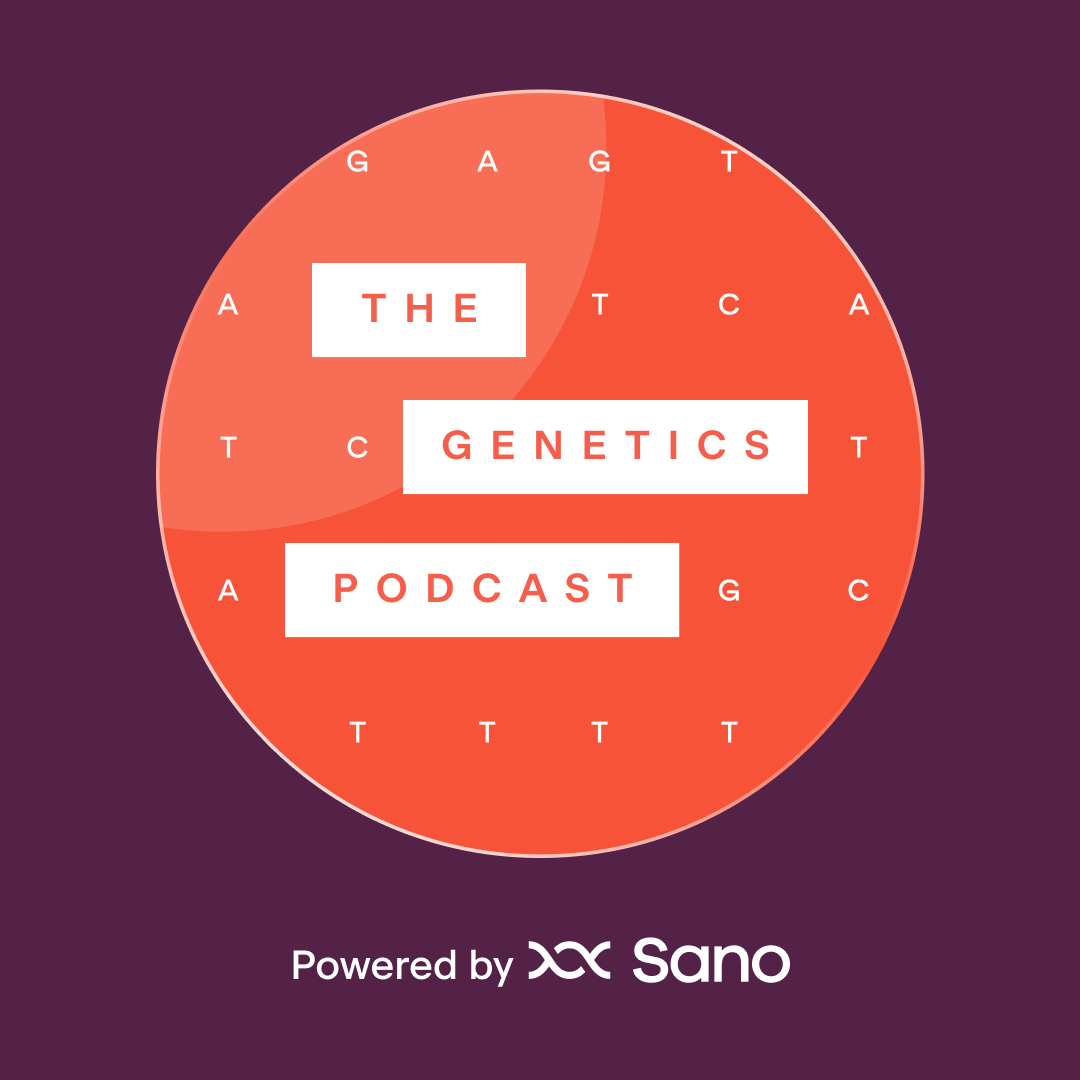EP 122: Building genome-scale engineered cells for biotechnology with Leslie Mitchell, Co-founder and CEO of Neochromosome
February 15, 2024

This week, we deep-dive into the world of genome engineering and yeast organisms with Leslie Mitchell. She’s the Co-founder and CEO of Neochromosome, a synthetic biology company specialising in whole chromosome delivery and highly automated synthesis of complex DNA. Leslie, one of the minds behind the trailblazing Synthetic Yeast Genome Project, discusses the technology behind synthetic chromosome engineering, describes its potential applications, and addresses the challenges of scalability.
Listen in as Patrick and Leslie discuss the processes behind chromosome engineering and the impact it could have on the world of gene therapies.
Summary:
0:00 Introduction
01:01 How Leslie got into the field of synthetic biology and engineering, and her career journey so far
02:45 What Leslie accomplished during her postdoc and recent transformations in the field of genomics
05:57 The impacts of non-coding regions of the genome and the outcome of deletions
08:20 How long it takes to make chromosomes, what does it cost, and what can we expect from the future of chromosome engineering
10:03 The inspiration behind Neochromsome and Leslie’s transition to industry from academia
13:05 From understanding the fundamentals of the genome to identifying industrial applications for genome-scale engineering
16:46 Potential gene therapy applications for the NeoYeast and NeoVector products
19:10 The power of delivering to cells using a 10-150 kilobase payload compared with lentivirus vectors
20:05 An explanation of yeast as a compact genome with few introns
21:48 How Neochrosome has developed a genome-rewritten yeast designed for incorporating non-canonical amino acids into proteins
24:10 The challenges of identifying scalable solutions
25:27 The process behind constructing an entire synthetic chromosome
27:38 The different methods for assembling DNA
28:28 How to scale the chromosome construction process in terms of both throughput and length
30:54 The biggest barriers to a gene therapy application of this technology
32:35 The lessons learned from yeast and whether they also apply to mammalian cells
34:14 The potential application of these technologies that Leslie is most excited about
35:00 Closing remarks
Please consider rating and reviewing us on your chosen podcast listening platform!